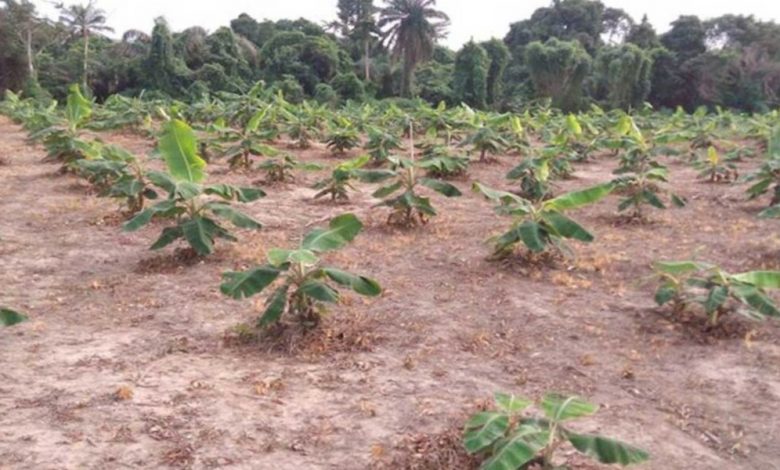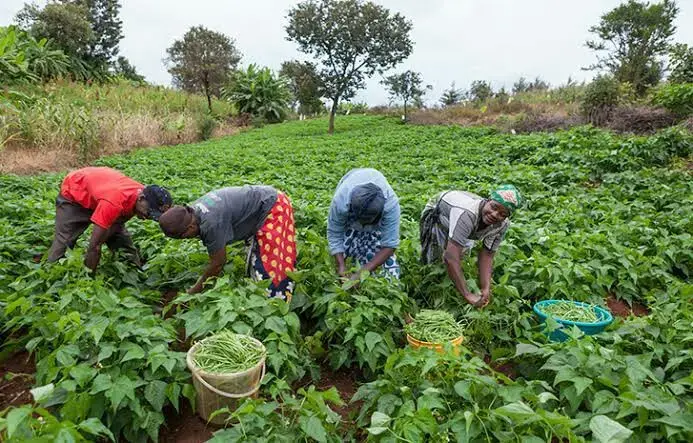
A recent report from SB Morgan Intelligence has brought attention to the daunting obstacles confronting farmers in Northern Nigeria, who are compelled to pay exorbitant sums to access their farmlands due to insecurity.
According to the report, farmers in Northern Nigeria are being forced to shell out as much as N100,000 to bandits for “permission” to utilize their farmlands during planting or harvesting seasons. Non-compliance often results in the loss of crops, abductions, or even fatalities.
This situation underscores the pervasive insecurity prevailing across the region, where non-state actors exert influence in the absence of effective state security measures.
In certain communities in Kaduna State, farmers are coerced into paying between N70,000 and N100,000 for the privilege of farming. This exacerbates the food security crisis and poses a significant threat to the overall security of the region, with abductions becoming increasingly prevalent.
Payment schemes
The payments made to terrorists vary based on the type of crop being cultivated. For instance, rice farmers in certain areas are charged as much as N120,000 in farm levies, while guinea corn farmers pay N50,000.
Additionally, bandits demand further payments during the harvest season, adding to the financial burden on farmers.
From November 2020 to November 2023, farmers in the North-western states collectively paid around N224.92 million in levies to various bandit groups. This grim situation not only results in increased food prices and a shortage of food supply but also deters investment in agriculture, exacerbating the economic challenges facing the region.
Food Insecurity and Economic Strain
The insecurity prevalent in North-west Nigeria, a crucial agricultural center, has extensive repercussions. It has notably contributed to the significant surge in food inflation, reaching 35.41% as of January 2023, exacerbating hunger and poverty.
Given that a substantial portion of the population resides below the poverty line and wages remain stagnant, protests and attacks on food trucks and warehouses have become commonplace.
A concerning analysis by The Cadre Harmonisé (CH) has forecasted that approximately 26 million Nigerians will grapple with severe hunger during the lean season of 2024, spanning from June to August. Furthermore, the World Bank’s food security report has underscored that seven states in the Northern region will face severe food shortages in the same year.









Leave a Reply